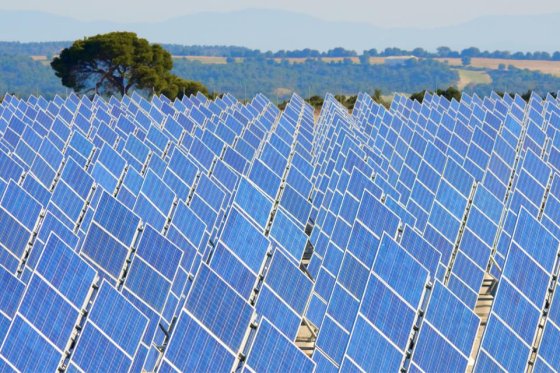
With the advent of an industrial society based on abundant energy from fossil fuels, the relationship between society and solar energy has changed profoundly. It has gone from being an indispensable resource, via wind and water power or the biomass produced by photosynthesis, to a secondary one, giving mankind the illusion of having definitively freed itself from the constraints of nature and its so-called "wild" energies.
With the climate crisis and the depletion of fossil fuels, we've had to face up to reality and find urgent solutions. Solar energy and the renewable energies that derive from it are once again becoming a recourse, all the more so as new, highly efficient forms of conversion have been developed with photovoltaics and wind power, whose potential is sufficient to make a decisive contribution to the energy transition.
Yet renewable energies are still widely disparaged and often denied. Beyond the scientific and technological issues, there is a deeper cultural and philosophical question at stake, which touches on society's present and future relationship with solar energy and nature in general. Will society evolve towards a harmonious and ethical use of solar energy, based on scientific and technological progress, or will it still be slow to commit itself resolutely to this path?
Against a backdrop of heated debate on the future of energy, the aim of the symposium is to stimulate reflection on the place of solar energy in society in the future, by combining scientific, technological and economic aspects with the societal, environmental and cultural aspects that will be central to the success of future developments in our urban and living environments.
